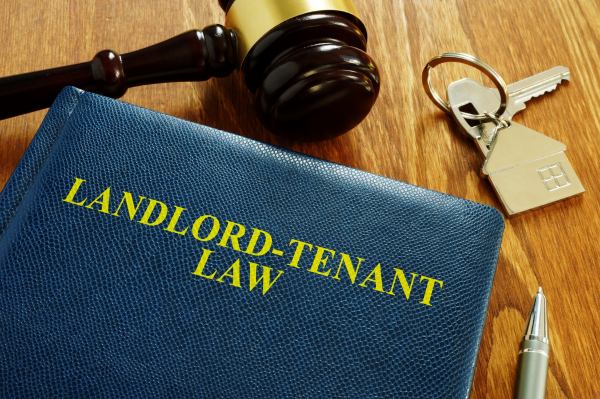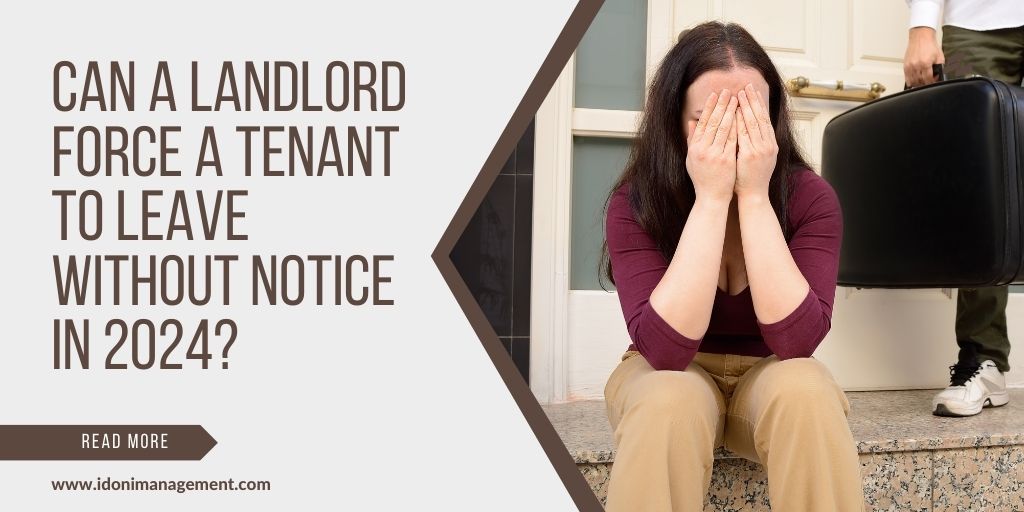In the ever-evolving landscape of tenant-landlord laws, understanding your rights and obligations is more crucial than ever. As we navigate through 2024, a common question arises among tenants: Can a landlord force a tenant to leave or perform the eviction without notice? This blog post aims to shed light on this concern within the framework of Connecticut tenant laws, providing an easy-to-understand overview of the legal boundaries, potential exceptions, and practical advice for tenants facing such situations.
Understanding Tenant Rights and Landlord Obligations
First and foremost, it’s vital to understand that various federal, state, and local laws protect tenant rights. These laws aim to ensure fair treatment, prevent unfair eviction, and foster a positive landlord-tenant relationship. Typically, landlords must give tenants adequate notice before ending a lease or asking a tenant to leave. The specifics of this notice, including its length and conditions, depend on the lease terms and the reason for the violation.
- Non-Payment of Rent: Landlords can issue a 3-day notice to tenants who fail to pay rent, urging them to pay or leave.
- Lease Violations: For violations other than non-payment, landlords must provide a reasonable time for tenants to correct the issue.
- No-Cause Evictions: In scenarios where a landlord opts not to renew a lease for no specific cause, a notice period, typically one rental period long, is required.
The Role of Notice Periods
Notice periods are crucial for tenant protection, aiming to prevent sudden homelessness by allowing time to secure alternative accommodation. The duration of these notices varies by location and eviction reason.
Can landlords evict without notice?
Under most circumstances, landlords cannot force a tenant to leave without providing the legally required notice. Evictions without notice are considered illegal and can lead to significant legal consequences for landlords, including penalties and potential lawsuits. For more detailed insights into the eviction process timeline in Connecticut, we have a detailed guide on “’How Long Does the Eviction Process Take in CT?”.
However, certain exceptions allow for immediate eviction, although these vary by location. Such exceptions usually involve situations where the tenant’s behavior poses a direct threat to the property, the landlord, or other tenants. This includes illegal activities on the property or causing significant damage. By understanding these rules and exceptions, tenants and landlords can navigate their relationships more effectively, ensuring that actions taken are within legal bounds and respect the rights and responsibilities of both parties.
Exceptions to the Rule of Eviction Without Notice
1. Illegal Activities: If a tenant is found conducting illegal activities within the rental unit, landlords may have the right to evict without the standard notice period.
2. Immediate Danger: Situations posing an immediate danger to the property or individuals may warrant an expedited eviction process in ct.
3. Severe Property Damage: Tenants causing severe damage to the property might face eviction without the standard notice.
Tenants need to familiarize themselves with the specific laws in their area, as legal requirements can differ widely.
Practical Advice for Tenants

If you’re a tenant in Connecticut facing a potential eviction without notice, it’s crucial to understand the state’s specific statutes and regulations. These laws cover eviction proceedings, security deposits, rental agreements, and more. Here’s a brief overview of key points tenants should know, along with tips for navigating these laws:
- Know Your Rights: Understanding your rights is crucial. Start by researching local tenant protection laws to grasp your rights and the eviction process’s legality.
- Landlord Responsibilities: Landlords have duties too. They must keep rental properties habitable, ensuring repairs are made for tenants’ health and safety.
- Notice Requirement: Inform your landlord in writing of needed repairs. If they don’t act promptly, you might withhold rent or seek legal avenues.
- Code Violations: Report code breaches. Alert your local housing authority about any code violations for inspection and action.
- Document Everything: Documentation matters. Maintain thorough records of all landlord interactions and relevant documents.
- Seek Legal Advice: Consider seeking legal advice if facing eviction or repair issues.
- Negotiate: Sometimes, discussing issues with your landlord can lead to extra time or different resolutions.
Conclusion
Knowing your rights and local laws is your best shield against illegal evictions. Legal knowledge and proactive steps protect your housing in 2024 and beyond. Laws change, so stay informed about tenant protections in your area.
Remember, laws and regulations are subject to change, so staying updated on the latest tenant protection laws in your area is essential.
For more detailed information, consider consulting Idoni Management for tenants and issues in property management in Waterbury, CT. Contact us for personalized assistance and expert advice tailored to your specific situation.
You can also check out our more informational and updated news & article website at Idoni Management Wixsite.





